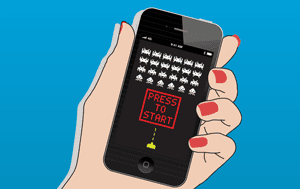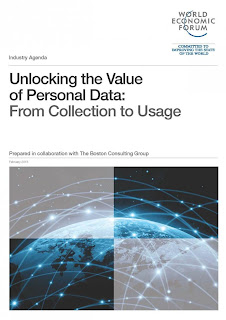I have written about the fact that Social Networks offer insights into how we humans interact with each other many times as they have unparalleled access to real time data. New analysis from Wolfram Alpha , has examined usage habits and found that it as we expected, but have the data to prove it. Here’s a summary of some of the more notable findings, some of which are depressingly stereotypical, according to Wolfram Alpha designer Stephen Wolfram. The median number of Facebook friends is 342, a number that varies based on how old you are : Teenagers tend to have more friends than adults do. When you’re younger, most of your friends are your own age , but the range of ages broadens as you get older. Teenage boys tend to have more friends than teenage girls, but that difference disappears as they get older. The older you get, the more likely you are to be married; women get married earlier than men; and, by 30, about 70 percent of people are married. (“It’s as if all those h







